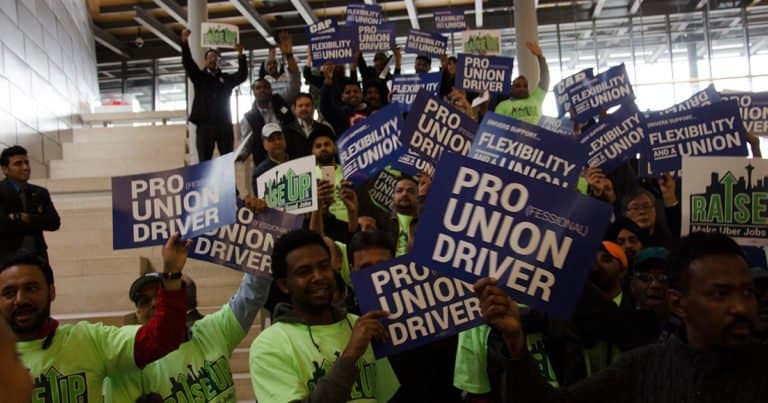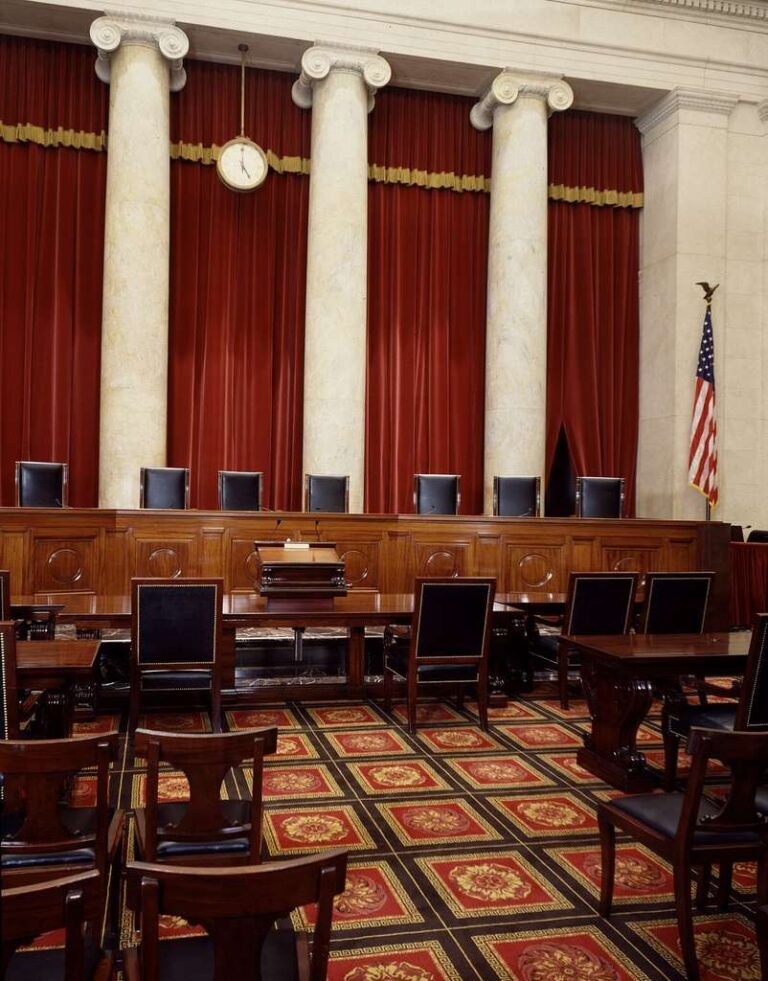Jon Weinberg is a student at Harvard Law School.
Earlier in September, The Wall Street Journal reported that another California regulatory agency found an Uber driver to be an employee rather than an independent contractor:
The California Employment Development Department last month ruled that a former driver for Uber acted more like an employee than a contractor because the company controlled “every aspect” of the driving experience and held the right to terminate the driver at will, according to a copy of an administrative judge’s decision. Uber was asked to pay unemployment benefits to the former driver, whose name was withheld from the decision.
According to The Guardian, the California Employment Development Department’s decision was appealed and upheld twice, first by an administrative law judge and then by an Appeals Board. This decision comes after the California Labor Commission separately found another Uber driver was an employee of Uber in June. While neither administrative ruling sets precedent, they were both premised on Uber’s right to control drivers, the operative test at play in a pending class action in California currently before U.S. District Judge Edward Chen and scheduled for a jury trial next year.






Daily News & Commentary
Start your day with our roundup of the latest labor developments. See all
October 17
Third Circuit denies DOL's en banc rehearing request; Washington AG proposes legislation to protect immigrant workers; UAW files suit challenging government surveillance of non-citizen speech
October 16
NLRB seeks injunction of California’s law; Judge grants temporary restraining order stopping shutdown-related RIFs; and Governor Newsom vetoes an ILWU supported bill.
October 15
An interview with former NLRB chairman; Supreme Court denies cert in Southern California hotel case
October 14
Census Bureau layoffs, Amazon holiday hiring, and the final settlement in a meat producer wage-fixing lawsuit.
October 13
Texas hotel workers ratify a contract; Pope Leo visits labor leaders; Kaiser lays off over two hundred workers.
October 12
The Trump Administration fires thousands of federal workers; AFGE files a supplemental motion to pause the Administration’s mass firings; Democratic legislators harden their resolve during the government shutdown.